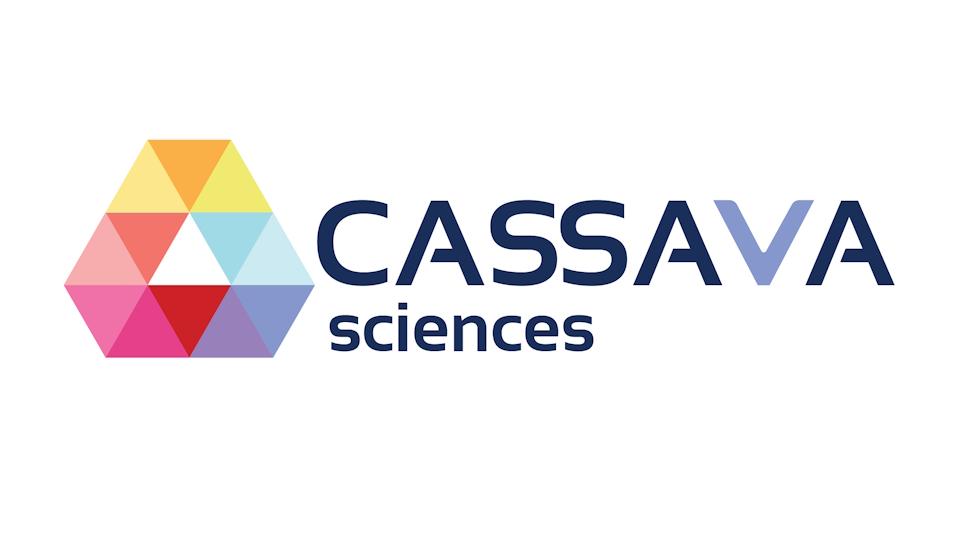SEC charges Cassava over 'misleading' Alzheimer's claims

The US financial regulator has accepted a $40 million-plus settlement from Cassava Sciences and two of its former executives for making what it alleges are misleading statements about the results of an Alzheimer's disease clinical trial four years ago.
The Securities & Exchange Commission (SEC) has accused Cassava's founder and former chief executive Remi Barbier and former head of neuroscience Dr Lindsay Burns of misleading investors by announcing that the company’s small-molecule therapeutic simufilam significantly improved patient cognition in the phase 2b study.
In addition, a Cassava-affiliated university scientist – City University of New York’s Hoau-Yan Wang – has also been charged with manipulating clinical trial results.
Shares in Cassava were down more than 10% in pre-market trading following the SEC's announcement. Cassava will pay $40 million to settle the civil charges, while Barbier and Burns, have agreed to pay $175,000 and $85,000, respectively. Wang will pay a $50,000 penalty.
"Cassava claimed that the phase 2 results showed significant improvement in episodic memory of the Alzheimer’s patients involved in the clinical trial," said the SEC in a statement.
"In reporting the results, however, Cassava failed to disclose that the full set of patient data – as opposed to the subset of data hand-selected by Burns – showed no measurable cognitive improvement."
The regulator also said Cassava had failed to disclose Wang’s role in the clinical trial, "despite his personal, financial, and professional interest in the therapeutic’s success."
Simufilam remains in clinical development at Cassava, which has not admitted wrongdoing and said it "cooperated fully with the SEC’s investigation and has implemented remedial measures."
The Austin, Texas company's recently appointed CEO and chairman, Rick Barry, said: "Cassava is pleased to put this matter behind us. We can now focus all of our attention on completion of the ongoing phase 3 trials of simufilam."
The company's statement also suggested that it does not expect a separate investigation by the Department of Justice to lead to criminal charges or a further settlement.
"While no one can accurately predict the future, we remain hopeful that the trials will be successful and that, after a rigorous FDA review, simufilam could become available to help those suffering from Alzheimer’s," said Barry.
The company said earlier this week that it had completed an interim safety review of the phase 3 trials, which uncovered no issues and keeps it on course to report top-line efficacy data before the end of the year. Simufilam binds to a protein called filamin A and is thought to interrupt the binding of amyloid beta to receptors in the brain.
Factoring in the $40 million settlement, Cassava expects to end the year with between $117 and $127 million in cash reserves.












